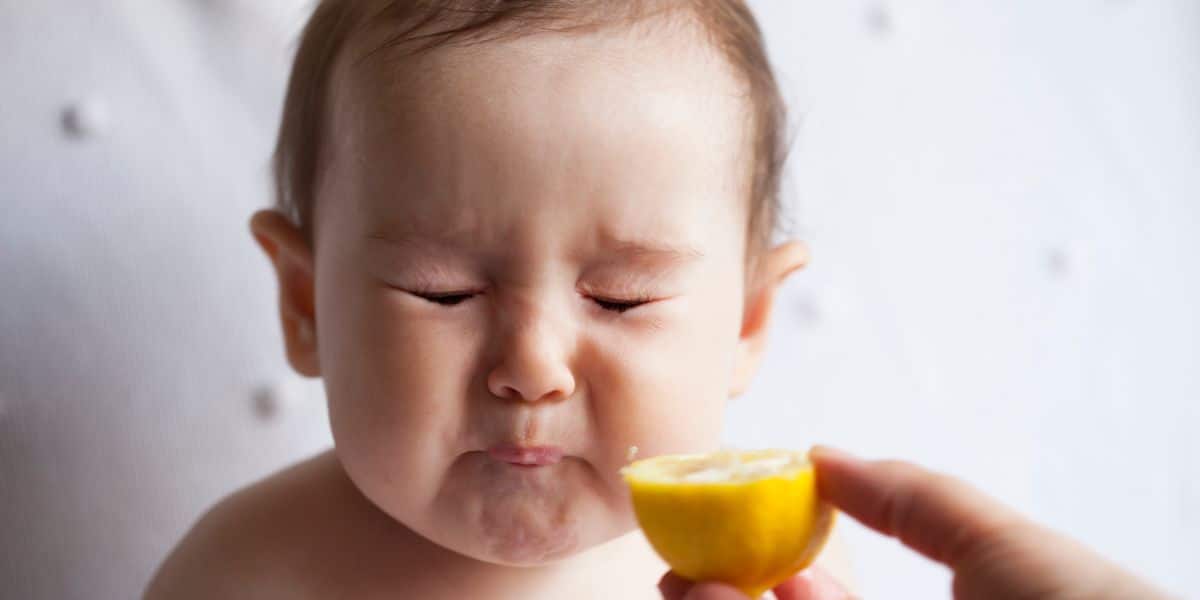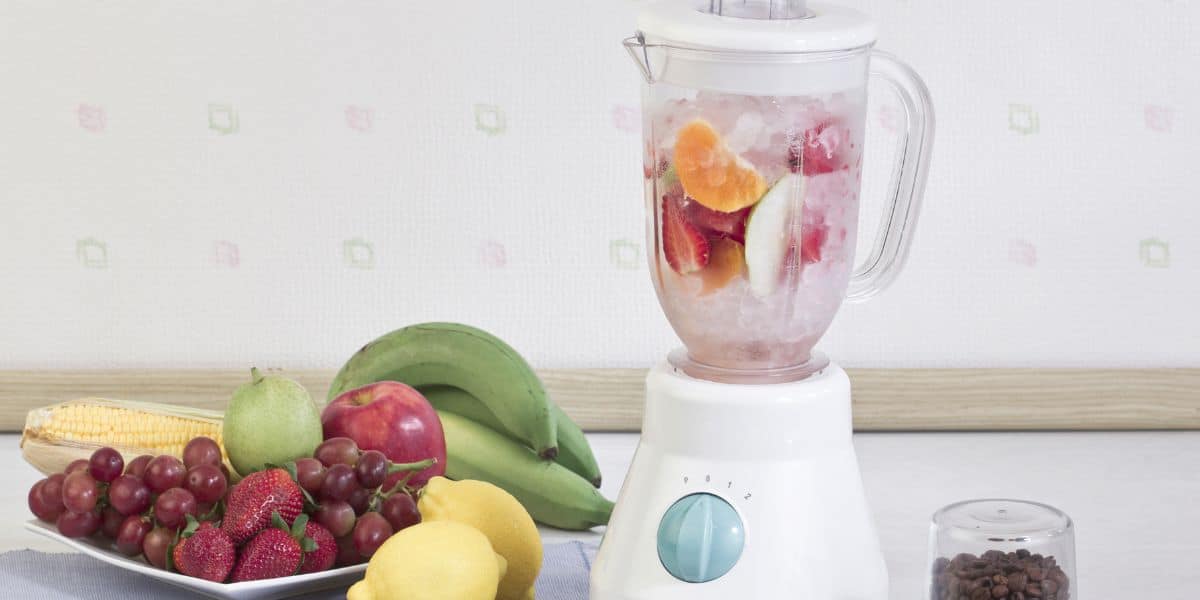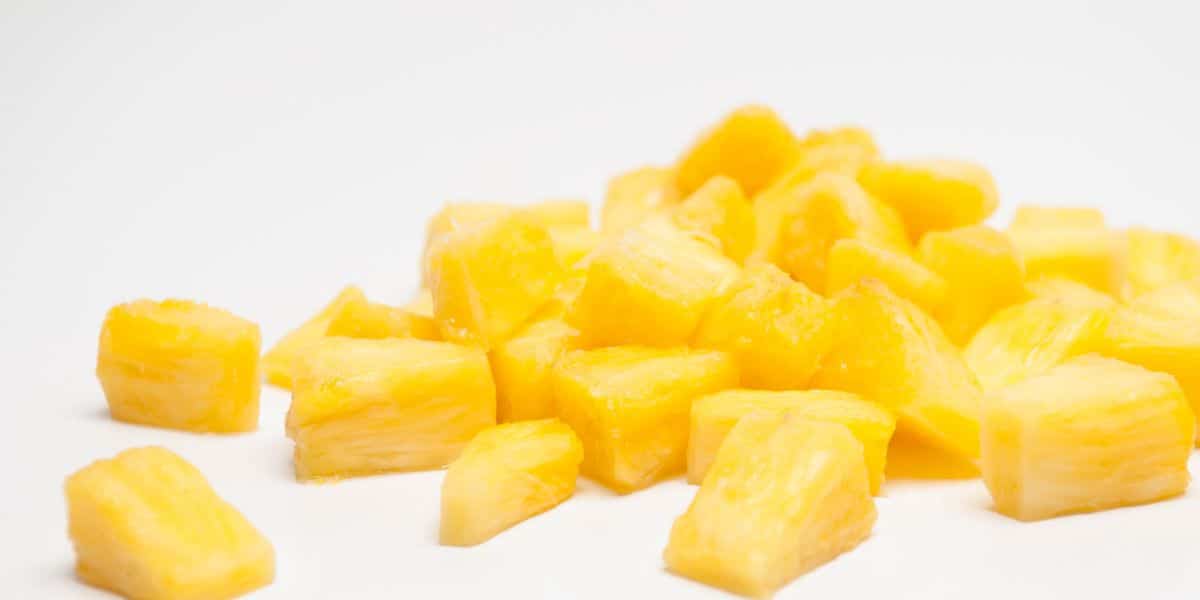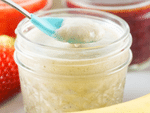Babies can start eating watermelons between the ages of 6-8 months. It is a good source of vitamins A & C and provides calcium and magnesium. Watermelon is also an excellent way to help babies stay hydrated.
These days there are so many do’s and don’ts of parenting, which are constantly changing as we learn more about the world around us and how that impacts our children. There are hundreds of questions about what we can and can’t feed babies nowadays, so I am here to answer the question, can babies eat watermelons?
Ultimately, the answer is yes, you can feed babies watermelon, but there is still a lot to learn. We have to know at what age babies can start eating watermelons, how to prepare and store the fruit, and even what nutritional benefits the fruit holds. Fortunately, everything you need to know can be found in this article.
What Age Can Babies Eat Watermelon?
Most sources agree that watermelon can be introduced to babies between six and eight months of age. Since watermelon is 93% water and somewhat soft, it is an ideal fruit to present to a baby that is just learning to master solid foods.
Before introducing watermelon to babies, you should check whether the baby has enough teeth to handle the fruit, and also whether they are able to chew adequately. If they are unable to chew, you can still give them watermelon purée instead of watermelon slices or any of the other more complicated recipes which can be found down below.
The Nutritional Benefits of Watermelon for Babies
Because watermelon is comprised of 93% water the fruit can help your baby stay hydrated, especially during the hot summer months; help your child beat the heat with these fruity treats.
Watermelon is rich in vitamins A, C, and to a lesser extent, vitamin B. Vitamin A helps to boost babies’ immune systems, develop healthy skin, strengthen their teeth, and improve their eyesight. Meanwhile, vitamin C helps with iron absorption, aids in healthy growth, and helps to fight off infections by further bolstering the immune system. Vitamin B helps in the formation of red blood cells, enhancing the metabolism, and the development of the immune system.
The calcium and magnesium in the watermelon also play a vital role in a baby’s bone development, and help secrete hormones within the body.
Can Babies Eat Watermelon Daily?
It has often been said that variety is the spice of life, and much like adults, babies get bored of the same foods day in and day out. Babies need to learn how to adjust to different tastes and textures so they won’t become fussy eaters in the future.
Also, due to watermelon’s acidic nature and high natural sugars, it would be unwise to feed it to your babies daily, no matter how tempting that might be during the hot summer months.
Watermelon Safety Precautions for Babies
As with anything that a baby is coming into contact with for the first time, watermelon can pose a few minor risks. Among these risks are diseases and choking hazards.
Any raw fruit or vegetable poses the risk of carrying diseases such as salmonella and E. coli. To avoid this risk, wash the melon’s exterior rind with soap and water before preparing it for the baby, thus preventing any germs on the outside from contaminating the inside.
The black watermelon seeds can prove to be choking hazards. To avoid any danger of this, you should either buy a seedless watermelon or remove the black seeds prior to serving them; the smaller white seeds shouldn’t be a problem.
Underripe watermelon can also be too firm for a baby to eat without choking so you should make sure that the fruit is ripe and soft for eating. It is also recommended that you wait until you are certain your baby can chew properly before feeding them watermelon; in the meantime, you could offer your baby watermelon purée instead.
Some babies have a tendency to gag or cough during their first-time eating watermelon while they learn how to manage the foods solid yet watery consistency, so you should always be present to make sure that they are okay.
Is Watermelon a Common Allergen?
Although allergic reactions to watermelon are uncommon, they aren’t altogether unheard of. If you or anyone in your family has an allergy to watermelon, it is recommended to wait till the baby is eight months old before giving them watermelon for the first time.
After introducing a baby to a new food, you should wait 3-5 days before introducing another; this will help discern which new food the baby is allergic to, should any allergic reactions arise.
After feeding your baby watermelon for the first time, you should observe them for approximately 24 hours to see if an allergic reaction will occur. Some symptoms of an allergic reaction are:
- Swelling of the mouth or tongue.
- Sneezing, coughing, or wheezing.
- Vomiting.
- Diarrhea.
- Trouble Breathing or Swallowing.
- Throat tightness.
It should also be noted that since watermelons are naturally acidic, some sensitive babies may experience light rashes, sicknesses, or diarrhea without being allergic to them. Eating watermelon can also cause a baby’s stool to turn red, which is not a cause for concern.
Babies with ragweed, pollen, and grass allergies may be more sensitive to watermelon. As such, it is recommended not to give them watermelon during Autumn/Fall, when such allergies tend to flare up. This kind of allergy, usually referred to as Oral Allergy Syndrome, tends to result only in a minor allergic reaction with no long-lasting effects.
If you believe that your baby is having an allergic reaction to watermelon, you should contact a pediatrician immediately.
Is salmon and other oily fish safe for your baby?
How to Pick the Best Quality Watermelons
We always want the best for our little ones, so here are a few neat tips and tricks to help buy a good quality watermelon:
- Fully grown watermelons have a smooth dull surface, and are heavier than undergrown watermelons.
- Ripe watermelons sound hollow if hit or tapped.
- Rotten watermelons will start to show bruises on the rind.
- Ripe watermelons have a yellow or cream underbelly.
- Canned, pre-cut, or frozen watermelons should be avoided as they have a high risk of contamination.
Although you can buy watermelon juice instead of a whole watermelon, it is not recommended to do so since it has a higher concentrate of manufactured sugar which can lead to dental problems such as cavities.
How to Store Watermelons at Home?
Storing watermelon is an easy process to follow. If the watermelon is uncut, you can store it in a clean, dry place. If the fruit has already been cut, it should be stored in an air-tight container, or covered with a food-quality plastic, and placed in the refrigerator, where it should not be kept for more than 24 hours. After storing it in the refrigerator, you should make sure that the fruit has returned to room temperature before giving it to your baby.
How to Prepare Watermelon for Babies
When preparing a watermelon for babies, there are multiple methods to try, some of which are dependant on the babies age.
The first step for all methods is to wash the outer rind with soapy water, drying it off afterwards to reduce any risk of contamination. Once you have done that and removed the black seeds you can try any of the methods below.
Watermelon Purée – Serving a purée or blended watermelon is a good place to start with any babies that aren’t used to chewing yet. This process will also allow babies to get used to the new taste and watery consistency of the fruit, whilst also removing any choking hazard.
The best way to make a purée is to cut the fruit into small pieces and then blend it; if the consistency seems too thick, you can always mix in some cool water to thin it out.
Make sure that there are no large chunks leftover before serving this to your baby.
Mashed Watermelon – Mashed watermelon is a good first step in teaching your baby how to handle a thicker texture, with little effort in chewing.
To make mashed watermelon, cut the watermelon into small pieces, then use a fork to mash it up. As with the purée, if you find that it is too thick, you can always stir cool water into the mixture.
Finger Food – To serve watermelon as a finger food, cut the watermelon into small bitesize strips or squares that your baby will be able to hold. If your baby struggles with the size of the pieces, you can always cut the watermelon into smaller pieces.
With the finger food, it is important to remember that the baby could cough or gag with the watermelon juice. Give them a chance to attempt swallowing or spitting up the juice so they can learn to handle the food in future.
Watermelon Recipes for Babies
A few recipes that you may wish to try out and can find online are listed below.
- Watermelon Purée.
- Fruit Salad.
- Homemade Watermelon Juice.
- Watermelon Ice Pops.
- Watermelon Smoothie.
- Watermelon Dusted with Ground Nuts.
Hopefully, this article has answered any questions about feeding your baby watermelon. It is a wholesome, healthy snack, perfect for staying hydrated during hot summer.





